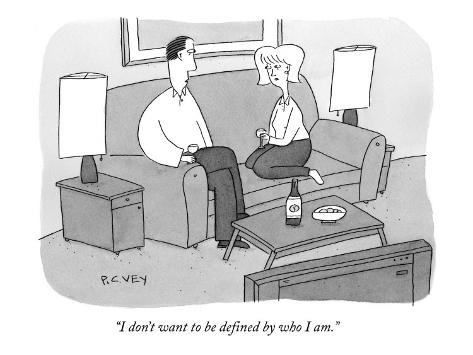
"Those who hear the
warnings of this curse should not congratulate themselves, thinking, 'I am
safe, even though I am following the desires of my own stubborn heart.'” (Devarim 29:18)
The verse speaks of individuals who, despite hearing the
warnings of the Torah to those living an immoral life, are convinced that they
are the exception to the rule; the smokers who feel they can beat the
statistics.
The human personality’s natural ego considers itself immune
to popular critique; we find unique ways of justifying our hypocrisy and
validating our inconsistencies.
In an age of internet-assembled philosophies, we tend to
think of ourselves as sophisticated and well-read, whereas in reality we have only
replaced genuine self-assessment with over-inflated self-congratulations.
In the lead-up to Rosh Hashanah, a time when we try to
contextualise our lives, perhaps it is opportune to develop humility. Not the
humility of the self-effacing type, but rather the humility that seeks to
understand before developing an opinion.


